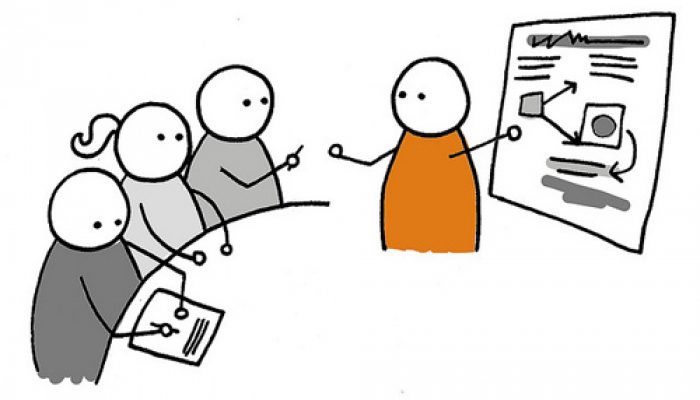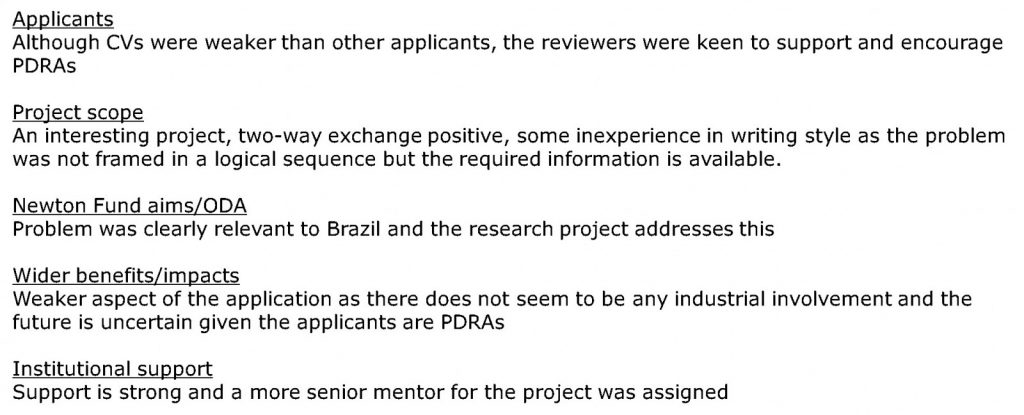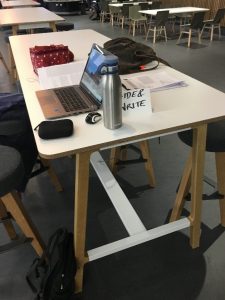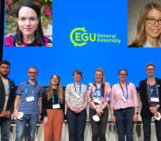
Stephanie Zihms, the ECS Representative for the EMRP Division (and incoming Union Level Representative) has applied for a range of small scale grants (<£15,000, ca. 16,965€). At this year’s General Assembly, she was one of two speakers at the ‘How to write a research grant’ short course, where she shared insights from her successes and failures. In today’s post she tells us about the top five lessons she learnt in the process of applying for funds.
Publications and grants are an important aspect in academia and success in both areas necessary for career progression. Frustratingly, many grants are only available to researchers with open-ended or permanent contracts and since practice makes perfect you don’t want your first grant proposal to be for a million pounds, dollars or euros.
Instead, there are plenty of (often unknown) small scale grants available to fund anything from a trip to a conference through to a field campaign and to support some of your existing work. Applying for these gives you valuable insight when it comes to writing larger-scale grants and shows future employers you have a go-getting attitude.
- Start early – start small: Travel grants, internal support grants, field work grants – these all count and will help you get better at writing in a proposal style, learn the language of different panels and get used to the format of a proposal. You might also get a chance to learn how to budget and justify certain costs, a big aspect of proposal writing.
- Always ask for feedback: Not only on the grants you didn’t get but also on the ones you secured. It will tell you what the panel really liked about your proposal and you can highlight that even more next time.
- Get training: See if your university or institution offers grant writing or academic writing courses – even if you’re not working on a proposal when you attend this training will come in handy when you do. You are also likely to make some good connections with people that will be able to help you when you do start applying.
- Get help: Either from colleagues, connections you made during a writing course, a specialised office within your university or even from the institution offering the grant. See if you can get previous applications that were successful to help you make sure you get the language right.
- Write, write, write: As an academic you will spend a lot of your time writing so it’s good to get lots of practice and make writing regularly a habit. I try and write for 1 hour every morning before I head to the office and I attend a weekly writing group on campus. Or join a virtual writing group via Twitter for example #AcWri or #AcWriMo for November – since it is Academic Writing Month.
Do you have any top tips for securing your first grants? If so, we’d love to hear them and share them with the GeoLog community. Please share your experiences and suggestions in the comments below!
Stephanie’s full presentation can be downloaded here.
At the upcoming General Assembly, Stephanie will be delivering a workshop on how to apply for small scale grants. Full details will be available once the conference programme launches, so stay tuned to the EGU 2018 website for more.
By Stephanie Zihms, the ECS Representative for the EMRP Division (and incoming Union Level Representative)
EGU 2018 will take place from 08 to 13 April 2017 in Vienna, Austria. For more information on the General Assembly, see the EGU 2018 website and follow us on Twitter (#EGU18 is the official conference hashtag) and Facebook.







Robert
Thanks for sharing this article. I have some thoughts on this, anyone is up for a discussion?